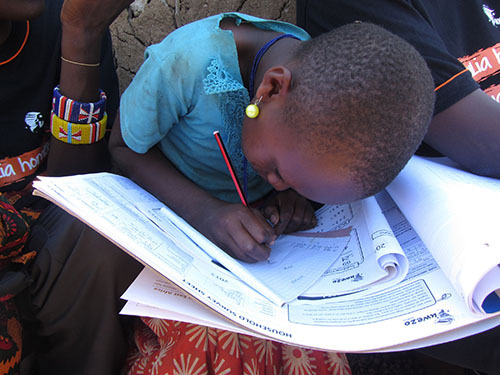
Education is one of the most effective tools we have to combat poverty.
A few years ago, my daughter and I worked with AIDS orphans in schools in Tanzania. For us it was both an inspiring experience and a tragic example of the challenges that strike hardest on people in poor countries.
The Ebola crisis is another grim reminder. The number of Ebola cases in Africa are predicted to climb to 10,000 a week by the World Health Organization. With death rates at 70 per cent, teachers and social workers on the ground are expressing grave concern about the thousands of children being orphaned by the outbreak. (See Patrick Sawer of The Telegraph).
In The Global Search for Education today, I’ve invited Dr. Sara Ruto (Regional Manager of Uwezo, a literacy and numeracy initative in Kenya, Tanzania and Uganda), Aarnout Brombacker (Founding partner of the South African mathematics consultancy, Brombacher and Associates), Dylan Wray (Co-founder of Shikaya, which supports the development of teachers in South Africa), and Senator David Coltart (Minister of Education, Arts and Culture for Zimbabwe from 2009 to 2013) to share their perspectives and solutions for bringing about transformative change in education in Africa.

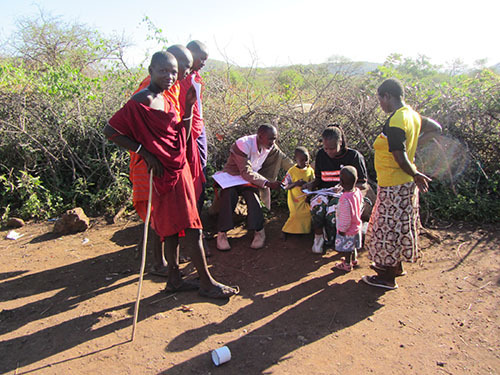
The 21st century is the age of shifting skills in our world – skills required for the jobs of the future. The role of the educator is critical at this time. Where in Africa are you seeing countries really trying hard to improve their education systems? What are the strategies that you find encouraging?
Dylan: I think many African countries are realizing that if the economic investment and growth we are currently seeing is to continue, education systems need to improve very quickly.
Most countries are not getting this right. Mauritius seems to be on the right path. They have consistently come out on top on the education indicators of the Mo Ibrahim African Good Governance Index. In Uganda, Kenya and Tanzania, the structures they are putting in place for collaboration around improving their education systems offers hope. Both Uganda and Kenya are undergoing curricula revisions, which are aimed at delivering a more relevant 21st century education. In Kenya, private schools are increasing rapidly as parents look beyond the state to deliver quality.
Aarnout: I see a lot of efforts to improve education systems that focus on curriculum, materials and infrastructure. While these are important, I think there are not enough efforts that focus on the teacher as the locus of change and improvement.
Sara: Africa is resplendent with success stories. Unfortunately, many are small pilot projects that have not satisfied the scale criteria. One example is Cape Verde where almost all children access school from the early preschool years through to secondary. Rwanda has proved that your most rural school can enjoy the benefits of technology. At the core of an education system is the teacher, and South Africa paves the way here with teachers as highly paid as those in Germany and Switzerland.
David: There are sadly very few countries in Africa that are investing sufficiently in education. In most African countries, far more money is spent on large bloated governments and excessive defense expenditure. Botswana and South Africa have invested fairly heavily in education, and Zimbabwe in its first decade post-independence did the same. Until education is made an absolute budgetary priority throughout Africa, the massive challenges facing the sector will not be addressed.

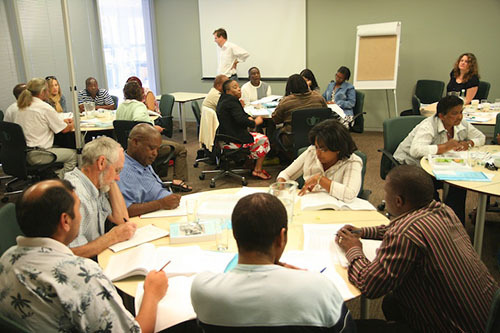
Like countries all over the world, each African country has its own unique challenges and issues facing its education systems. But are there also common challenges that extend across the continent’s borders? Which problems do you believe are unique to the African continent? Which problems do you believe Africa shares with the rest of the world?
Dylan: Zimbabwe had a very good education system in place in the 1980s and much of the 1990s. The political instability dealt a severe blow to education delivery in Zimbabwe, but it is now seeing improvement. They have seen things work in the past but many countries in Africa have not had this experience. Without this, how do you even know where to start?
Education challenges that extend across African borders include a lack of physical resources such as classrooms, computers and proper sanitation. And there are the deeper impacts of poverty that cut across systems. In many countries in Africa, children come to schools on empty stomachs. Children who are hungry do not learn.
A challenge that is not unique to Africa is the lack of well-trained, knowledgeable, and passionate teachers. This is the challenge that most countries around the world face, and it is what holds the solution for improving education on a global scale. It is teachers who make or break the system.
Sara: The African continent is almost all united in a colonial experience that left a heavy foreign based curriculum and ethos that has taken more than three decades to shake off. Diversity within, especially with regard to languages, has delayed crucial decisions. Perhaps more than other places, we have two parallel knowledge systems that do not make any attempt to complement each other – the school based official one, and community knowledge. Africa continues to explore how the education system can be made more responsive, can instill values and competencies that allow children to succeed, can be learning institutions rather than drilling centres.
Aarnout: An easy response includes under-resourcing in terms of learning materials, the quality of classrooms, and general school infrastructure. However, the greater challenge is around pedagogy. Current practice is focused on memorization rather than developing understanding. My sense is that while this is not unique to Africa, it may be more exaggerated in Africa. Bringing about a change in what it means to teach involves a fundamental revision of the predominant mental model.
David: In many countries throughout the world there is insufficient investment in education. Primarily, this has resulted in the undermining of the teaching profession in many countries, with some key exceptions such as Singapore and Finland. It has also resulted in educational institutions being underfunded throughout the world. However the educational funding crisis is even more acute in Africa; teachers are often despised and dreadfully underpaid. The teaching profession is one of the least attractive and worst paid professions on the continent.

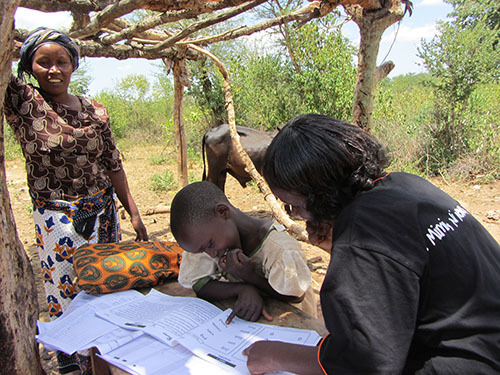
If you were able to invest more time and money in reforming Africa’s education systems, where would you start?
Dylan: I would do everything possible to ensure that new, knowledgeable, passionate and dedicated teachers enter the system. A focus also needs to be on improving the conditions of service for teachers and, crucially, on improving the status of the profession.
I would focus my attention in the system on early childhood development and the foundation years of primary school. The state needs to step in here and begin the learning early on.
Aarnout: I would take a long-term view and start in the early years with a focus on teacher development. I would invest in both pre-service and in-service teacher training, supporting teachers to implement more research based teaching methodologies.
Sara: Arguably the most dysfunctional education systems, especially public schools, are to be found in Africa. This is related to a bigger problem that is twofold: a washed away value system and lack of imagination. It is herein I would invest my time and money. Values do not rest on the state; they rest in the individual and are ‘lived’. Often they are called the ‘soft skills’ of having integrity, being accountable, and truthful. If the teachers lived this, together with parents and children, we would have the recipe to address the core issues. System reforms are missing out on the core problem, and investing more in the symptoms.
David: I would start with the teaching profession; investing more money in their training institutions, in their housing conditions and of course in their general conditions of service. Until the teaching profession is made more attractive in Africa, African countries will not see their educational systems improve. Secondly, I would focus more resources on the upgrading of curricula. Finally I would greatly increase investment in the maintenance of existing schools, the construction of new schools and the provisions of educational materials such as textbooks.
Dr. Sara Ruto – For More Information
Aarnout Brombacher – For More Information
Dylan Wray – For More Information
Senator David Coltart – For More Information

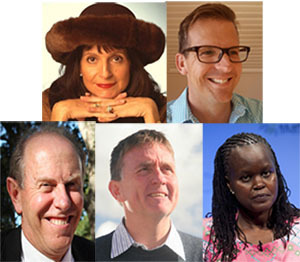
(All photos are courtesy of Dr. Sara Ruto and Dylan Wray)
Join me and globally renowned thought leaders including Sir Michael Barber (UK), Dr. Michael Block (U.S.), Dr. Leon Botstein (U.S.), Professor Clay Christensen (U.S.), Dr. Linda Darling-Hammond (U.S.), Dr. MadhavChavan (India), Professor Michael Fullan (Canada), Professor Howard Gardner (U.S.), Professor Andy Hargreaves (U.S.), Professor Yvonne Hellman (The Netherlands), Professor Kristin Helstad (Norway), Jean Hendrickson (U.S.), Professor Rose Hipkins (New Zealand), Professor Cornelia Hoogland (Canada), Honourable Jeff Johnson (Canada), Mme. Chantal Kaufmann (Belgium), Dr. EijaKauppinen (Finland), State Secretary TapioKosunen (Finland), Professor Dominique Lafontaine (Belgium), Professor Hugh Lauder (UK), Professor Ben Levin (Canada), Lord Ken Macdonald (UK), Professor Barry McGaw (Australia), Shiv Nadar (India), Professor R. Natarajan (India), Dr. Pak Tee Ng (Singapore), Dr. Denise Pope (US), Sridhar Rajagopalan (India), Dr. Diane Ravitch (U.S.), Richard Wilson Riley (U.S.), Sir Ken Robinson (UK), Professor PasiSahlberg (Finland), Professor Manabu Sato (Japan), Andreas Schleicher (PISA, OECD), Dr. Anthony Seldon (UK), Dr. David Shaffer (U.S.), Dr. Kirsten Sivesind (Norway), Chancellor Stephen Spahn (U.S.), Yves Theze (LyceeFrancais U.S.), Professor Charles Ungerleider (Canada), Professor Tony Wagner (U.S.), Sir David Watson (UK), Professor Dylan Wiliam (UK), Dr. Mark Wormald (UK), Professor Theo Wubbels (The Netherlands), Professor Michael Young (UK), and Professor Minxuan Zhang (China) as they explore the big picture education questions that all nations face today.
The Global Search for Education Community Page
C. M. Rubin is the author of two widely read online series for which she received a 2011 Upton Sinclair award, “The Global Search for Education” and “How Will We Read?” She is also the author of three bestselling books, including The Real Alice in Wonderland, is the publisher of CMRubinWorld, and is a Disruptor Foundation Fellow.
Follow C. M. Rubin on Twitter: www.twitter.com/@cmrubinworld


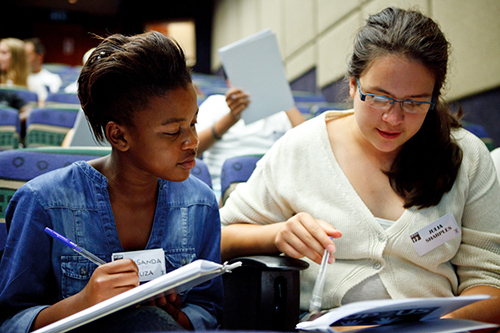
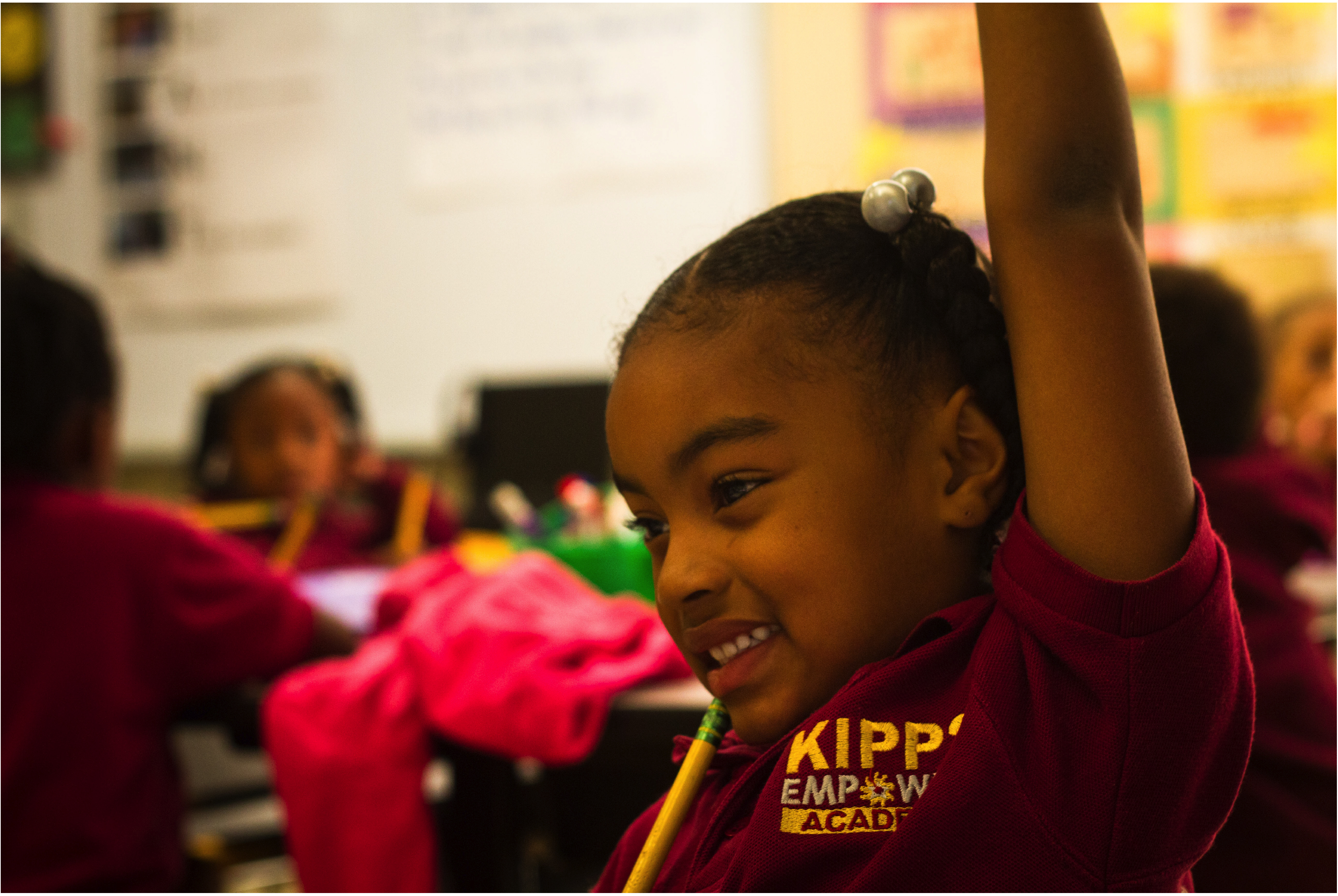
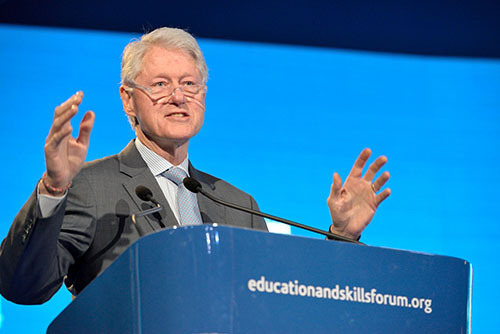

Recent Comments